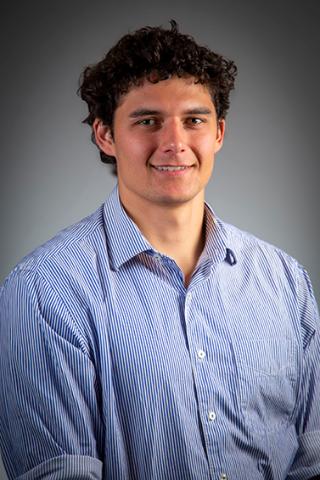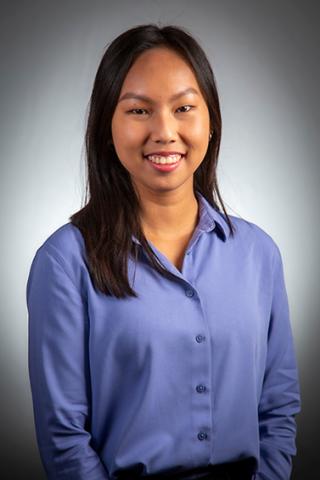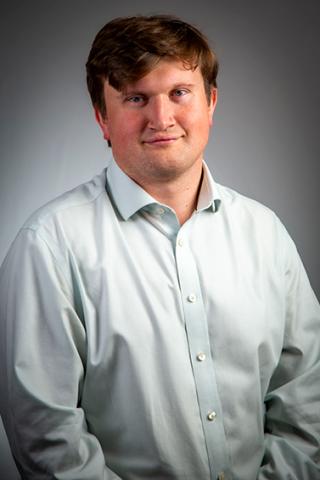The Australian Bureau of Agricultural and Resource Economics and Sciences (ABARES) is a research bureau within the Department of Agriculture, Fisheries and Forestry (DAFF). The ABARES Stream is a unique opportunity to work at the intersection of research and policy, applying what you have learnt at university or the workplace to interesting and challenging problems.
About the stream
At ABARES ideas matter! As a graduate within the steam, we will value your existing skills. From your first week on the job, we will provide an engaging and challenging environment for you to develop your skills and experience to progress your career. ABARES provides opportunities to work on some of the biggest challenges facing Australian agriculture, from increased global trade protectionism to designing biodiversity and carbon markets. You will collaborate with experienced professionals and colleagues to help shape Australian Government policies to improve the wellbeing of Australians.
We are seeking graduates from a broad range of backgrounds, study areas, work and life experiences. We are interested in high achieving and motivated candidates and early career economists, mathematicians, statisticians, computer scientists and physicists. Applicants do not need to have a background or experience in agriculture, fisheries or forestry industries.
Graduates will have an opportunity to undertake 3 workplace rotations. 2 within the ABARES stream and one within another area of DAFF to broaden your experiences. We aim to ensure you work with the best in the field and are integrated into a team that is passionate about making a difference.
Your role
As a graduate in the ABARES Stream:
Dynamic and Collaborative: Engage as a valued member of a team in a dynamic and collaborative environment, while gaining valuable experience working alongside and learning from experts in their respective fields.
On the Job Learning: Showcase your work to both internal and external stakeholders and gain invaluable firsthand experience by visiting Parliament during Question Time and Senate Estimates.
Australian Graduate Development Program: Participate in Australian Public Service Commission (APSC) graduate events, enhance your expertise through both formal and on-the-job training, complete the personalised graduate development program offered by the APS Academy, and build valuable connections within our ABARES and graduate networks.
Exposure: As part of the program, you will have the opportunity to actively engage in ABARES seminars and conferences, including National and Regional Outlooks across Australia. You will present your work both within the department and to external audiences, while also contributing to research publications that are highly regarded and eagerly anticipated.
Benefits
Benefits of the ABARES stream include:
Combine Research and Policy: Do meaningful research that shapes national policies and helps manage Australia's precious natural resources. Your research and advice will directly influence decisions that matter, from climate change to international trade.
Comprehensive Support and Networking: Benefit from a dedicated support team, access to a graduate network, and formal training through the Australian Public Service Commission Academy, fostering professional growth and cross-agency collaboration.
Competitive Benefits and Flexibility: Enjoy a competitive remuneration package, relocation assistance, and flexible work arrangements, ensuring a balanced and rewarding work-life experience.
For more information on the department's workplace conditions, refer to the Department of Agriculture, Fisheries and Forestry Enterprise Agreement.
Meet ABARES graduates
Hear from economists who began their careers as ABARES graduates, explore various career paths, and take a behind-the-scenes look at what a typical day entails for an ABARES graduate.
Learn more:
- Straight from ABARES mouth
- ABARES homepage
- ABARES Outlook Conference 2025 Commodities Spotlight session
Jeremy
Economist
2024 Graduate
Joining ABARES as a graduate has been an incredibly rewarding experience. The opportunity to work on data-driven research that informs real policy decisions has been both exciting and fulfilling.
What I enjoy most is the collaborative environment- working alongside experts who are passionate about Australia’s agriculture, forestry and fisheries sectors has accelerated my learning and enabled me to apply my economics and statistics background to help shape Australia’s future.
Tirza
Economist
2024 Graduate
What I enjoyed most about working at ABARES was the broad range of learning opportunities and the flexibility to explore different areas.
Starting as a Graduate provided a great introduction to the APS, and coming straight from university, I had the opportunity to contribute to ABARES’ analytical and forecasting work during the program.
Jay
Research Officer
2024 Graduate
At ABARES, I’ve continually been supported by a knowledgeable team. They made the transition to full-time work easy, while assisting me in challenging myself and contributing to ABARES’ publications.
Location
Our Graduate Development Program provides opportunities across various locations in Australia including:
- ACT: Canberra
- NSW: Sydney
- VIC: Melbourne
Eligibility requirements
Eligible candidates will:
- Hold a degree in one of the following fields:
- Economics
- Mathematics
- Statistics
- Computer Science
- Physics
- Be an Australian Citizen
- Obtain and maintain an Australian security clearance
We strive to create a diverse and adaptable workplace that embraces differences, promotes inclusiveness, and empowers all employees, regardless of gender, cultural heritage, disability, sexual orientation, or caregiving responsibilities to reach their full potential.
How to apply
Applications for the 2026 ABARES Stream are now open! To find out more about these roles please go to our current vacancies page.
Submit your application via our job vacancies portal.
You will be required to submit both your CV and your academic transcript as a part of the application process.
Applications close at 11:00pm (AEST) on Thursday, 1 May 2025.




